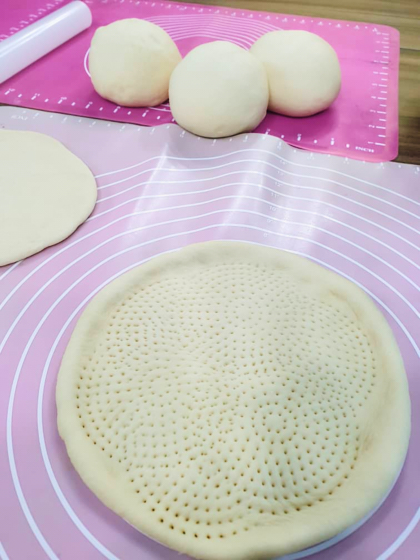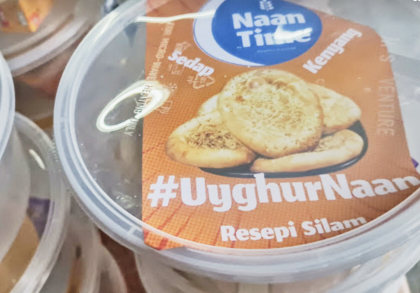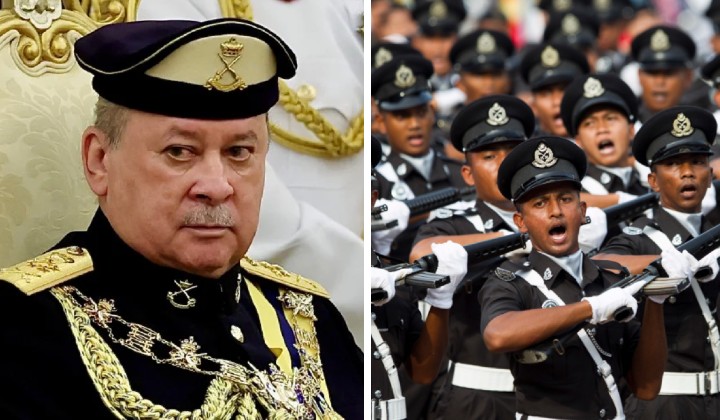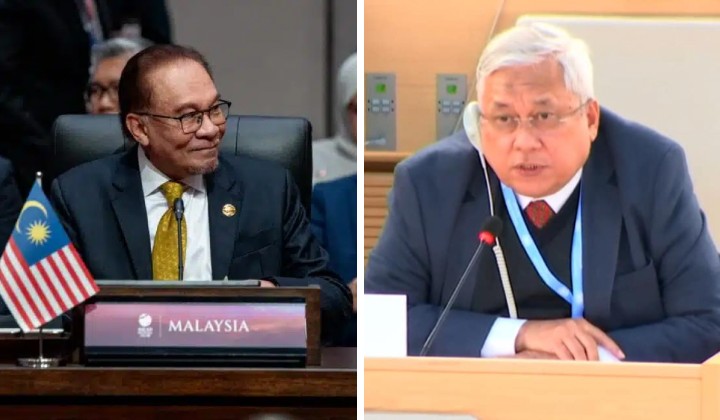Have You Ever Seen Uyghur Bazaar Naan? It’s So Fluffy And Delicious
Uyghur Bazaar Naan, also known as nang bing or the naan bread, is a leavened flatbread baked in a tandoor oven.
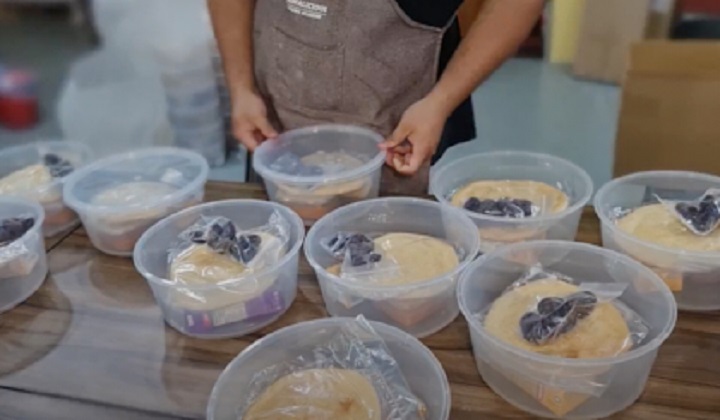
Subscribe to our Telegram channel for the latest stories and updates.
Uyghur Bazaar Naan, also known as nang bing or the naan bread, is a leavened flatbread baked in a tandoor oven.
A daily staple for the Uyghurs, Bazaar Naans are baked plain or with sesame seeds, while some have onions as the topping.

(Pic by Malaysia4Uyghur)
An Uyghur human rights advocate society in Malaysia baked their traditional Uyghur Bazaar Naan for the police force to enjoy during iftar (breaking of fast).
The gesture was part of NaanTime, a new initiative to celebrate Uyghur culture organised by Malaysia4Uyghur.

(Pic by Malaysia4Uyghur)
Malaysia4Uyghur is a coalition of Islamic NGOs, Christian NGOs, Human Rights Advocacy NGOs working together advocating Uyghurs plight.
Some 300 Uyghur Bazaar Naans were distributed to the men and women in blue at the Tun H.S. Lee traffic police headquarters.
Malaysia4Uyghur president Zuhri Yuhyi said they struck on the idea of using it to advocate the Uyghur cause after realising that food is the language of every Malaysian.
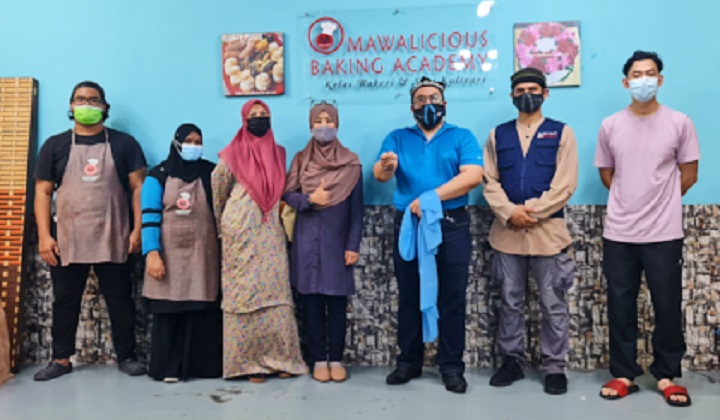
(Pic by Malaysia4Uyghur)
Malaysian cuisine is a national obsession, and it also unites us as a nation. Naturally, to create awareness of Uyghur culture, food is the medium of choice for Malaysians.
Malaysia4Uyghur president Zuhri Yuhyi
Uyghur Bazaar Naan is a signature food representing Uyghur society in Malaysia. We would also like to take this opportunity to thank our frontliners leading the fight against the COVID-19 pandemic.”
Yuhyi learned about Uyghur food and culture from his travels to Urumqi and Kashgar, the two most important cities in Xinjiang and oasis towns on the ancient silk road.
Fahmi Shamsudin, CEO of Global Peace Mission Malaysia, said: “By experiencing Uyghur cuisine, hopefully, people will be more aware of the plight of the Uyghurs.”
Muslim Youth Movement Malaysia (ABIM) president Muhammad Faisal Abdul Aziz is
hopeful that the initiative will help keep up the momentum going.
“We hope to keep creating awareness infringement of Uyghurs’ human rights,” he said.
At the same time, Association of Nexgen Christians of Malaysia (ANCOM) advisor Jason
Leong noted that NaanTime aims to highlight the Save the Mosques in Xinjiang (SMX)
campaign.
Leong said there are fewer mosques and shrines in Xinjiang at any time since the
Cultural Revolution, a socio-political movement in China from 1966 until 1976.
He cited a report by the Australian Strategic Policy Institute (Aspi) on September 2020,
which claimed that 16,000 mosques in Xinjiang had been destroyed or damaged.
Some were demolished to build public toilets; ironically, these toilets are closed to the public.
Beijing has rejected such claims. With over 24,000 mosques, there are more mosques per capita in China than in many Muslim countries.
Share your thoughts with us on TRP’s Facebook, Twitter, and Instagram.

